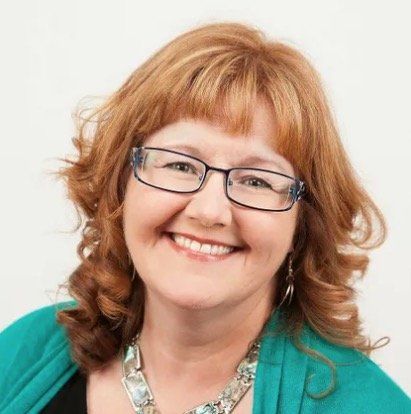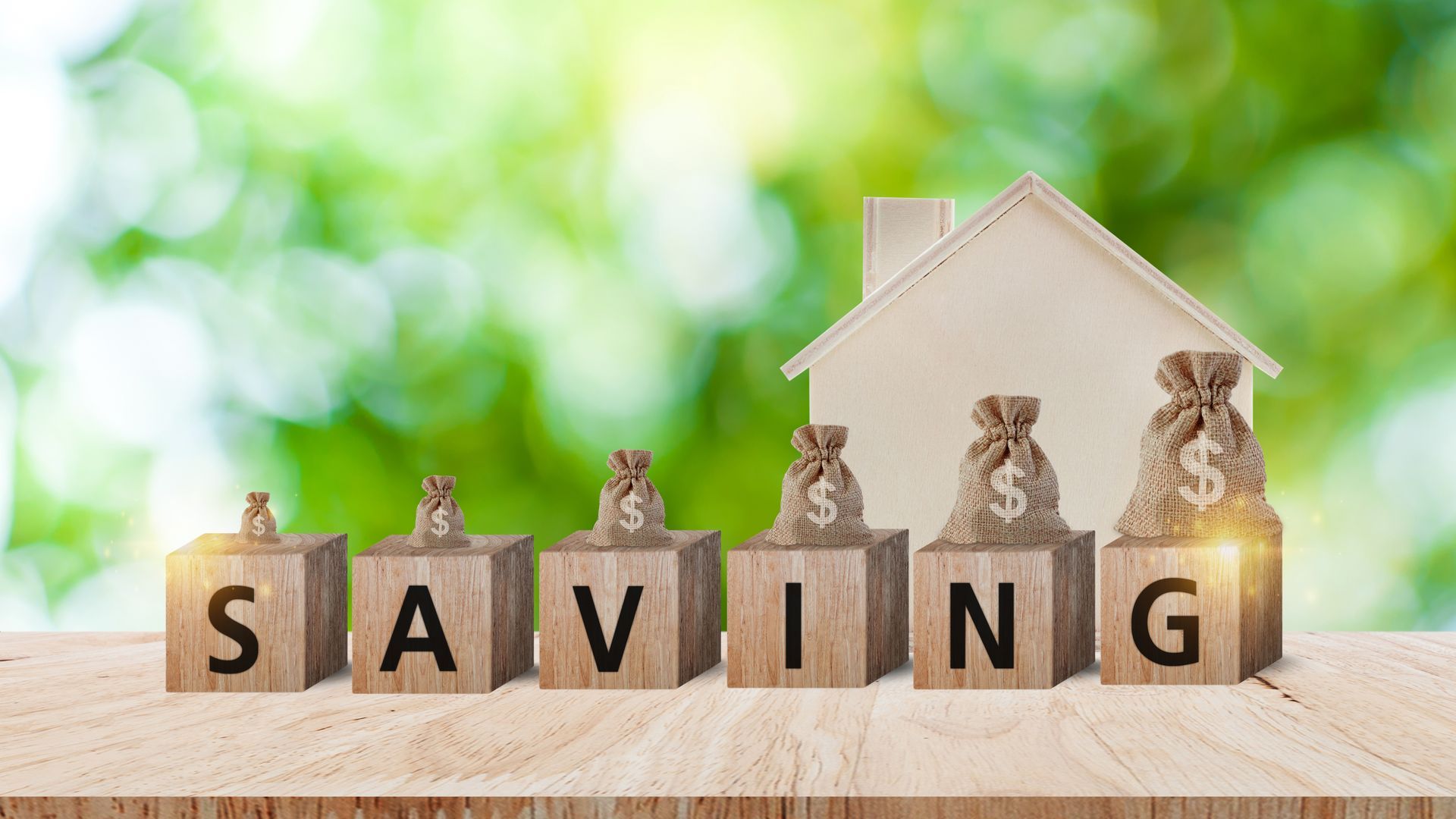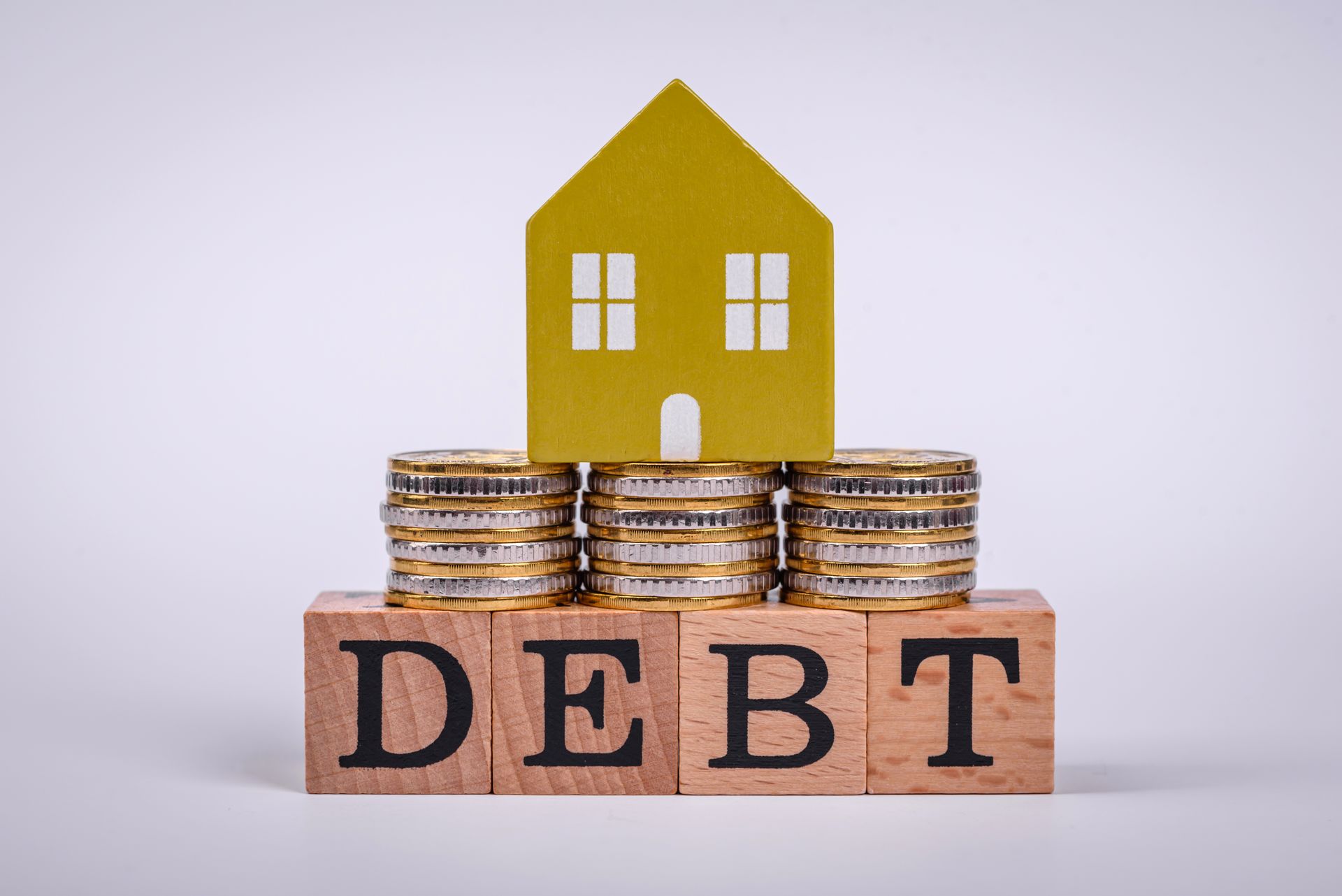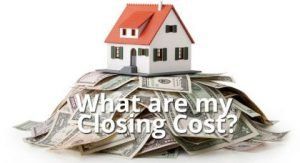Don’t Forget the Closing Costs When You Purchase a Home
The purchase price you negotiate when buying or selling a home is just one part of the total cost for buying a home. In addition to the purchase price there are several other fees – known as closing costs – all of which you need to factor in to your purchase price.
Closing costs tend to be hidden costs when buying a home. It’s not a set number, but a compilation of various administrative, legal fees and other one-time expenses associated with the purchase of a home that are due on the completion date.
These costs can add up, so you’ll need to factor these costs into your cash-on-hand budget.
Many first-time home buyers under estimate the amount of cash they will need for closing costs. Typically, you’ll want to budget between 1.5% and 4% of the purchase price of a resale home to cover closing costs.
Of course, these are estimates — the actual amount you will need could be higher or lower, depending on factors like where you live, the type of home you’re buying, or if it’s a new construction (+5% GST).
To help you plan the purchase of your property, here’s a snapshot of the extra fees you can expect to pay once you’ve settled on the price of your home.
- Legal Fees
- Title Insurance
- Fire Insurance
- Adjustments
- Property Transfer Tax (PTT)
- GST
- and more…
Here’s an overview of what you can expect.
Legal Fees:
Legal/Notarial Fees and Disbursements. The lawyer/notary is the person who goes through all the paperwork and makes sure that everything is legitimate and binding. They confirm that all the items that were agreed to by the buyer, seller/builder, and lender are written and worded correctly. Your legal representative should also be able to walk you through each document that you sign so that you understand what you’re agreeing to. Legal fees range from $500 to $2,500. You will also need to reimburse them for their out-of-pocket costs that they incurred while handling the various searches and registrations, including title insurance (see below), property and execution searches, and the registration of the mortgage and deed. These disbursements are repaid to the lawyer on the closing date, as well as incidentals such as couriers, certified cheques, and photocopying, the land transfer tax, the down payment, and any interest adjustments.
Title Insurance:
Title refers to the legal ownership of the property. The deed is the physical legal document that transfers the title from one person(s) to another. Both the title and deed of the home must be registered with a land registrar.
Most lenders require title insurance as a condition of granting you a mortgage. Your lawyer or notary helps you purchase this.
Title insurance protects you from title fraud, identity theft and forgery, municipal work orders, zoning violations and other property defects. It can also protect you against fees and costs that were not caught in the searches your lawyer conducted prior to the sale (Yes this can happen!).
Title insurance premiums range from $150-$500 depending on the value of the property.
Fire/Home Insurance:
Mortgage lenders require that you have fire/home insurance in place by the time you complete the purchase of your home.
Property insurance protects you in case of fire, windstorms or other disasters. It covers your home’s replacement value. The amount required is at least the amount of the mortgage or the replacement cost of the home. This cost can vary on the property size and extras being insured, as well as the insurance company and the municipality. Home insurance can vary anywhere from $400 per year for condos to $2,000 for large homes.
Adjustments:
An adjustment is a cost to you to pay the seller for the seller prepaying for something related to the house including property taxes, condo fees, heat etc. on your behalf.
Simply put, if you take possession in the middle of a month, the seller has already paid for the whole month and you must pay the seller back for what they’re not using. These adjustments are prorated based on the date you complete your purchase of the home. The most common adjustments are for property taxes, utility bills & condo fees that have been prepaid.
Property transfer tax (PTT) in British Columbia:
Is a tax charged to you by the province. First-time home buyers are exempt from this fee if they are purchasing a property under $500,000. All home buyers are exempt if they are purchasing a new property under $750,000.
- In British Columbia, the PTT is 1% on the first $200,000 of purchase, 2% over $200,000 & 3% on any value over $2,000,000.
- For more information check out my BLOG BC’s Property Transfer Tax & First-Time Home Buyers
GST:
Is a federal value added tax 5% on the purchase price of a new home. If someone has lived in the home, the home isn’t subject to GST.
- There is a partial GST rebate on new properties under $450,000.
Interest Adjustment Costs:
Most lenders expect the first mortgage payment one month after completing the purchase of a home. If you close mid-month, please note some lenders expect the first payment, or at least the interest accrued during that time, on the 1st day of the next month. When arranging your mortgage, ask how interest is collected to the interest adjustment date.
Other closing costs:
Will your new home need furniture? Carpets? Lighting? Window coverings? Appliances? Do you have the equipment you need to maintain the lawn and gardens? Are you hiring movers or renting a truck? Will you need boxes, bubble wrap and tape for the move?
 While these and other out-of-pocket costs aren’t part of the real estate transaction, you still need to budget for them. Plan your expenses as much as possible. If necessary, decide what you can put off buying until later, after you move in and get settled.
While these and other out-of-pocket costs aren’t part of the real estate transaction, you still need to budget for them. Plan your expenses as much as possible. If necessary, decide what you can put off buying until later, after you move in and get settled.
Congratulations!! You’re all caught up on your closing day costs. Now its time to get your keys and enjoy your new home.
Mortgages are confusing… Give me a call and let’s discuss a mortgage that works for you (not the bank)!



Let's do this together.
Sign up to our newsletter
Thank you for contacting me.
I will get back to you as soon as possible
Please try again later
CONNECT
604-312-5009
kelly@kellyhudsonmortgages.com
All Rights Reserved | Mortgage Architects




